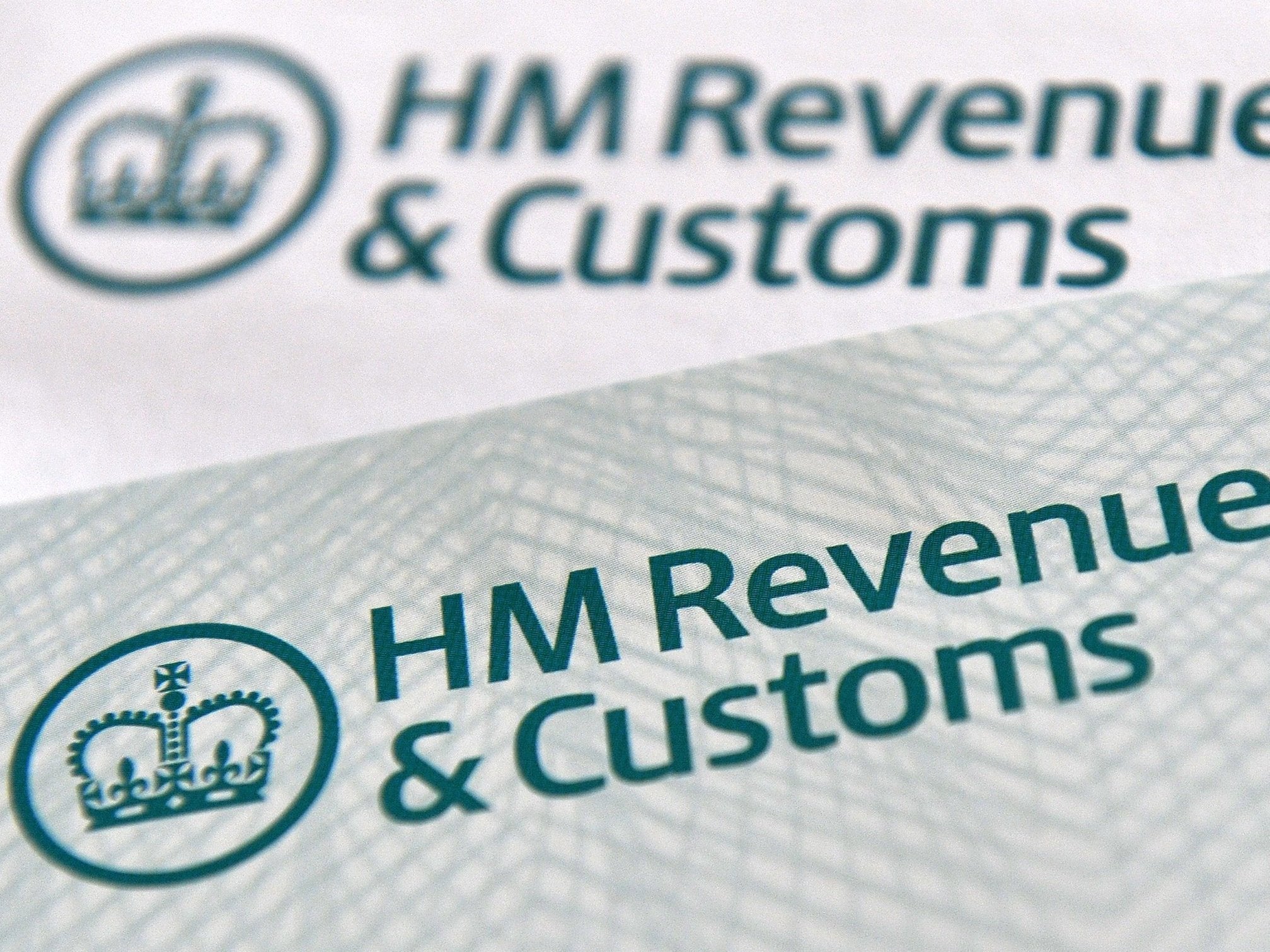HMRC seizes assets from almost 3,000 businesses as government ramps up pressure on late tax payment
Number of firms facing asset seizures jumped 45 per cent from 2016/17 and has increased more than fourfold since 2014/15

HM Revenue and Customs seized assets from 2,833 businesses last year as the government ramps up pressure on firms not paying tax on time.
The number of firms facing asset seizures jumped 45 per cent from 2016/17 and has increased more than fourfold since 2014/15.
HMRC has the power to take assets from businesses that do not have the cash to pay their tax bill. This can include critical items such as IT equipment and machinery, the removal of which can result in a firm being forced to cease trading.
The increasingly aggressive debt collection policy comes at a time when businesses are already facing other major potential risks including rising interest rates and increased barriers to trade after Brexit.
Critics of this approach say that seized assets are often sold at “fire-sale prices”, which means that HMRC is often unable to recoup the amount owed.
Official figures reveal that, despite the rapid rise in the number of seizures, the taxman raised just £69.7m by selling businesses’ assets last year.
Conrad Ford, chief executive of business loan website Funding Options said HMRC should investigate other methods of recouping tax, such as giving firms the option to spread payments over a longer period.
“HMRC is jeopardising the future of these businesses by removing their assets,” said Mr Ford.
“There are often genuine reasons why these firms aren’t able to pay their tax bills on time, such as cashflow issues stemming from late payments from clients.
“There may be a better way for HMRC to recover the tax than removing a business’s vital assets.
“Cashflow difficulties that mean a business cannot settle its tax bills should not spell the end for them.”
Join our commenting forum
Join thought-provoking conversations, follow other Independent readers and see their replies
Comments